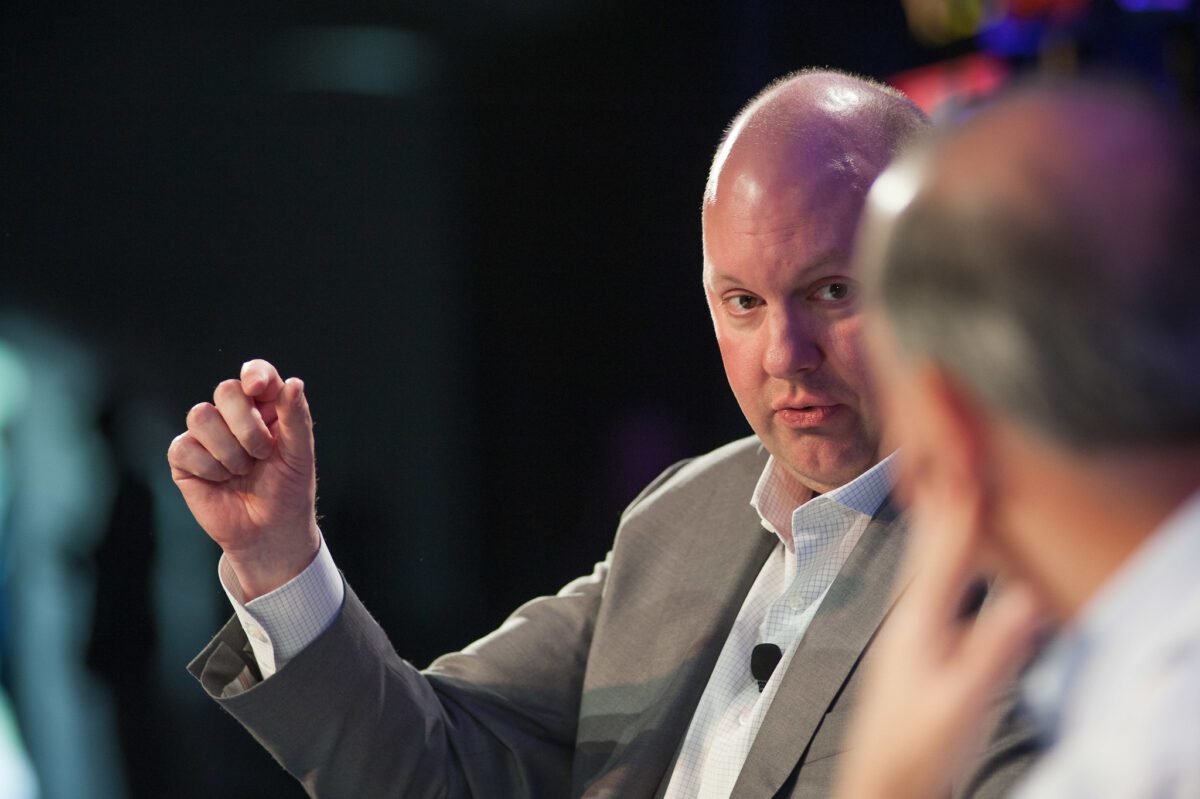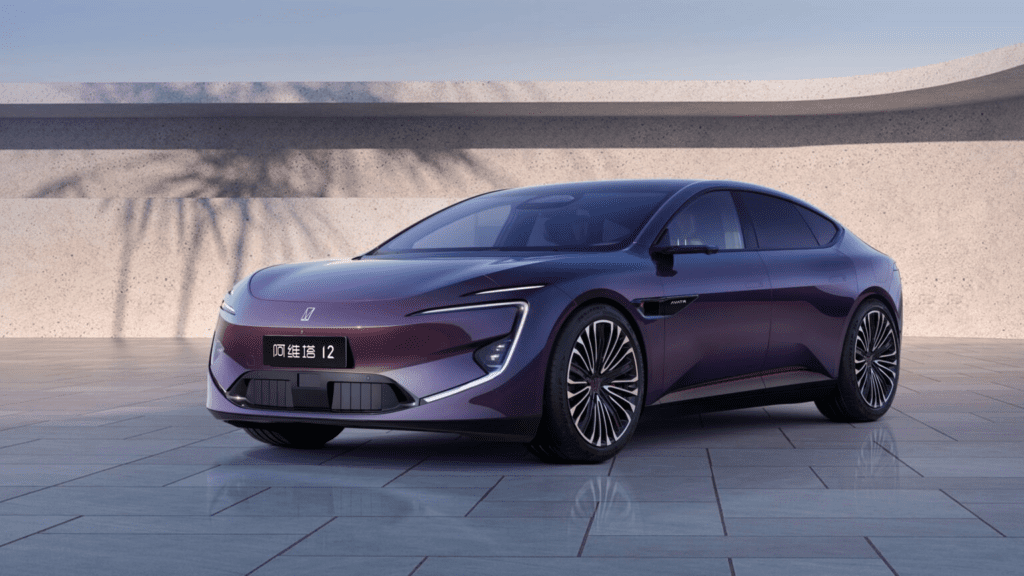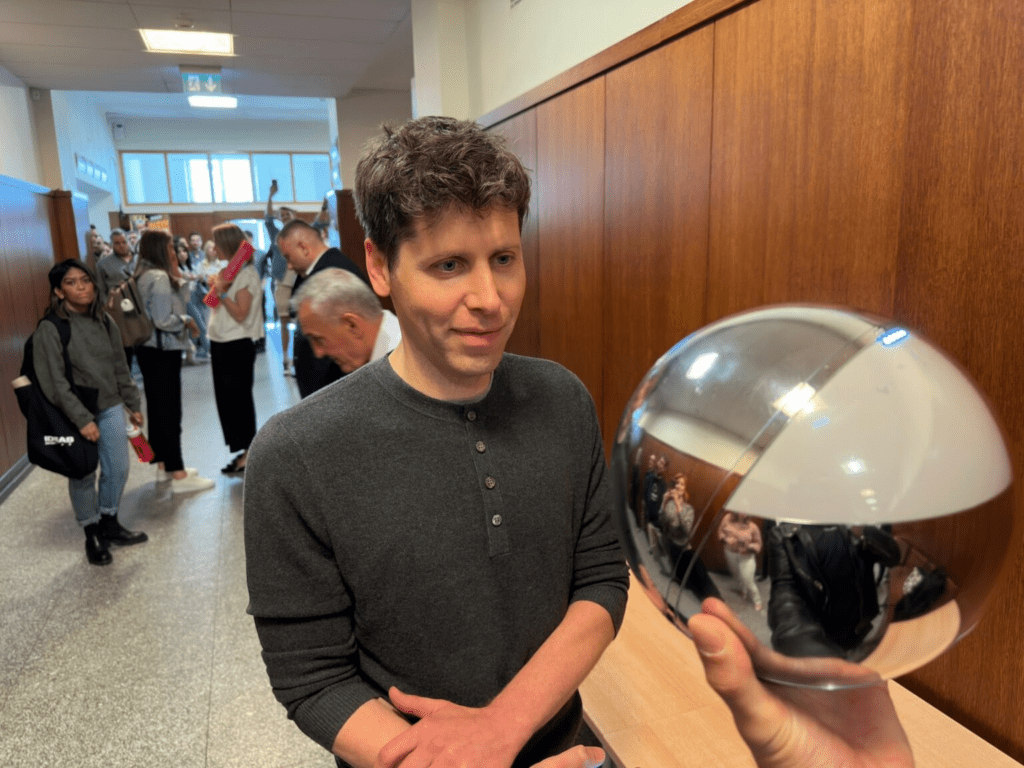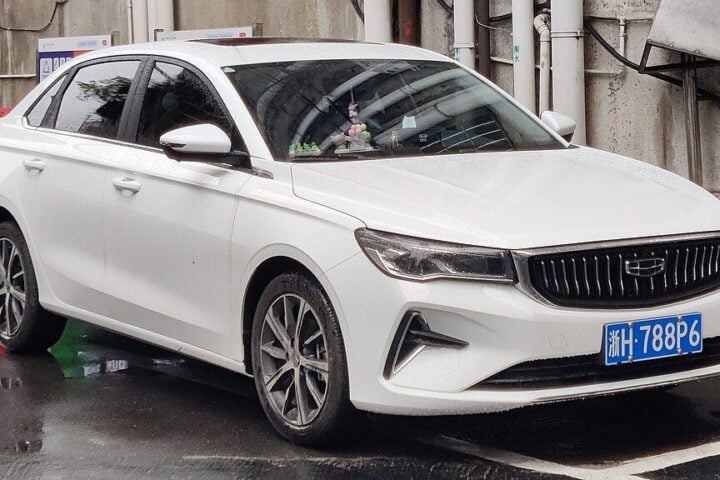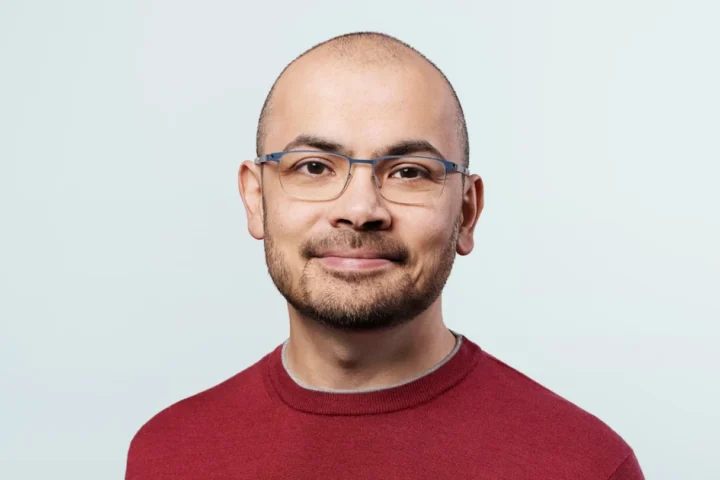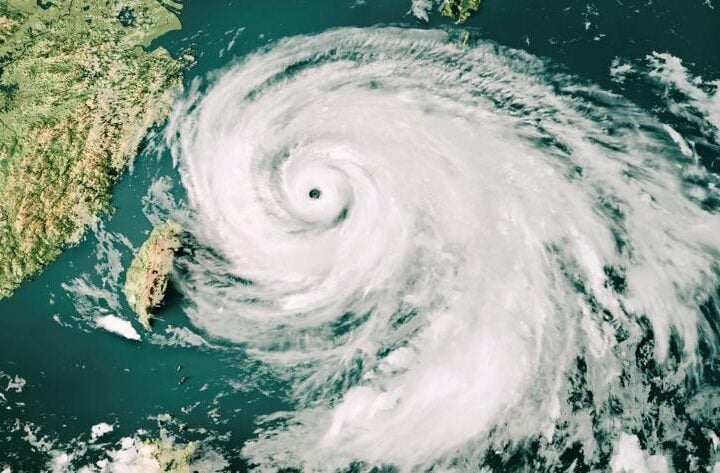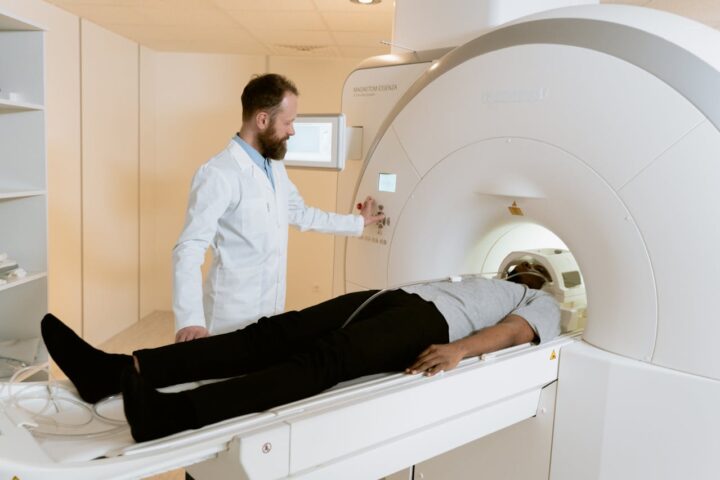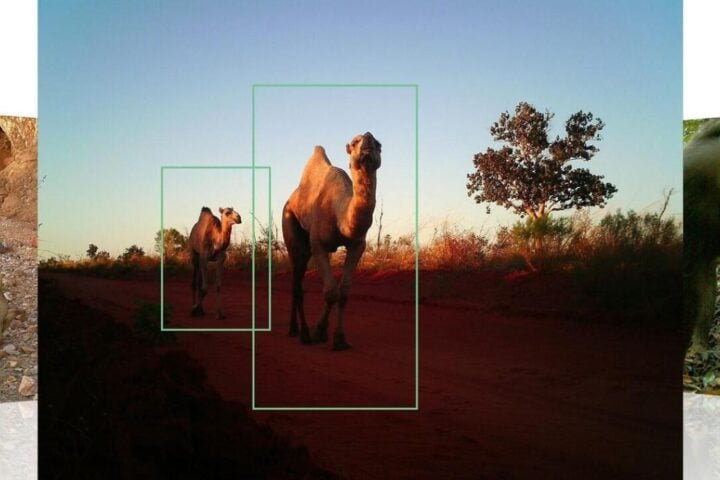Billionaire investor Marc Andreessen believes the dystopian fears surrounding AI are largely overblown. In a recent Huberman Lab podcast, Andreessen separated AI’s “real problems” from science-fiction inspired “fake problems.” He asserts that AI won’t “wake up and decide to kill us all” or replace every job. Andreessen’s venture-capital firm, Andreessen Horowitz, has significantly invested in numerous AI startups, showcasing his confidence in the technology.
The real threat, according to Andreessen, is AI being misused by malicious actors, not the technology itself. He advocates for enhanced AI security measures to repel attacks, disinformation, and deep fakes. Tech leaders are divided on AI’s potential to achieve superintelligence and its implications for job markets. In a blog post, Andreessen argued that AI can “make everything we care about better” and should be developed rapidly. OpenAI’s CEO, Sam Altman, suggests governmental oversight for AI safety, a stance Andreessen doesn’t entirely agree with.
Andreessen envisions AI as a ubiquitous personal companion, aiding in everything from grocery lists to major life decisions. Future AI could be worn as necklaces or use bone conduction to communicate directly with users. The AI of the future will understand humans intimately, serving as therapists, coaches, and friends. Andreessen’s influence in the tech world, from co-founding Netscape to investing in major AI startups, lends weight to his predictions.
Current AI models, like ChatGPT, require human prompts, but this dynamic might evolve to be more proactive. An advanced AI could understand a user’s habits and logic, guiding them in decision-making processes. Andreessen imagines AI taking on multiple roles in one’s life, from mentor to companion, depending on the user’s needs. He describes a future where AI personas might even debate among themselves to provide users with diverse perspectives. Innovative interfaces, like pendants projecting images or bone conduction headphones, could facilitate seamless human-AI interaction.
Similar Post
Despite the intimate AI-human relationship he predicts, Andreessen assures that humans will always have control over when to engage with AI. He describes the future human-AI relationship as “symbiotic,” enhancing the quality of life. Andreessen’s pragmatic view sees AI as a tool designed by humans, not an autonomous malevolent force. The distinction between Hollywood’s AI narratives and real-world applications is crucial to understanding its actual trajectory.
While AI’s potential misuse is a concern, its transformative power across industries is undeniable. Investments in AI have already revolutionized fields like natural language processing and computer vision. Andreessen emphasizes the importance of AI education and literacy for the general populace. An informed society can better navigate the ethical and practical challenges of integrating AI into daily life. Active participation in AI’s future, including policy advocacy, is crucial for its responsible evolution.
Andreessen’s insights challenge the notion of an AI apocalypse, focusing instead on its potential benefits. The ongoing dialogue about AI’s societal impact is enriched by diverse perspectives like Andreessen’s. The primary focus should be on safeguarding AI from misuse and championing its responsible development. As AI continues to evolve, so will the discussions about its potential risks and rewards. Harnessing AI’s potential responsibly is the key to ensuring its positive impact on society. In the midst of AI’s rapid advancement, voices like Andreessen’s provide a balanced, informed perspective on its future trajectory.
